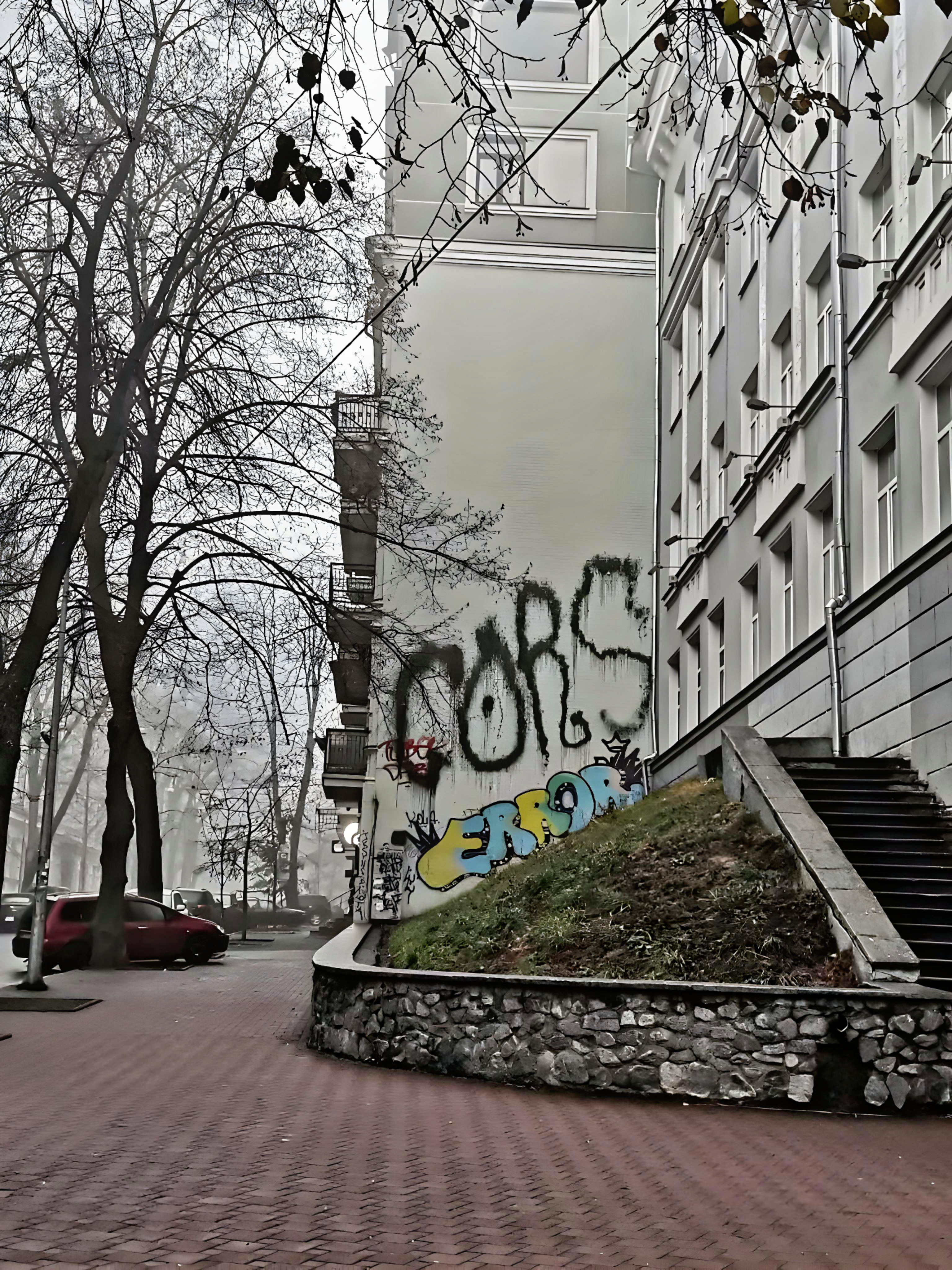Erkhan Tuimaada ’26
Contributing Writer
“Ukraine has not yet perished,” is how the Ukrainian national anthem starts. Yes, it has not perished, having withstood the Russian army for almost three years. However, the operative phrase here is “not yet,” implying a delicate balance of endurance and the looming challenges ahead.
Quasi-elected president Volodymyr Zelensky’s recent statements to CBC articulate a vision wherein the recovery of territories lost since February 2022 represents hope for Ukraine, aiming to shift international dynamics. This perspective suggests that such territorial regains could catalyze a reevaluation of support amongst nations currently ambivalent or aligned with Russia, potentially facilitating a scenario where Russia might engage in negotiations under Ukrainian terms. A critical analysis, devoid of military strategizing yet informed by political science, reveals the multifaceted nature of this assertion. International alliances, particularly those supporting Russia like BRICS, are not merely ideological constructs but are underpinned by pragmatic, often economic, considerations. The hypothesis that Ukraine’s territorial restoration could unravel these alliances overlooks the enduring nature of economic and strategic interests that define state behavior on the global stage. Additionally, the anticipation that Russia would be inclined to negotiate on terms favorable to Ukraine following territorial adjustments underestimates the resilience of Russia’s political framework. Characterized by a significant degree of autocratic control, the Russian state’s capacity to maintain domestic support through a comprehensive propaganda apparatus and to navigate external pressure suggests a reality where territorial concessions alone may not precipitate a fundamental shift in negotiation dynamics.
Hence, the feasibility of President Zelensky’s envisioned outcome for Ukraine hinges on a constellation of variables, many of which lie beyond the direct influence of Western powers. These include incremental and sustained successes by the Ukrainian military, the effective implementation and impact of sanctions, the dismantling of Russia’s propaganda apparatus and a diminution of the Russian state’s administrative efficacy. The Ukrainian anthem poignantly asserts “soul and body shall we lay down for our freedom,” a sentiment that vividly captures the Ukrainian people’s resolve and dedication to their nation’s autonomy and dignity. I concur that this line profoundly reflects the collective will of the Ukrainian populace. However, it is crucial to ask: is the essence of freedom for Ukraine solely confined to its territorial integrity? Can a state of Ukraine exist as freely without alignment with NATO as with it? Considering the circumstances, how free can a nation be when 6.5 million of its citizens have sought refuge abroad, either in Russia or Europe? How free can a nation be when all men over 18 are restricted from leaving the country? How free can a country be that may overestimate its strategic capabilities?



+ There are no comments
Add yours